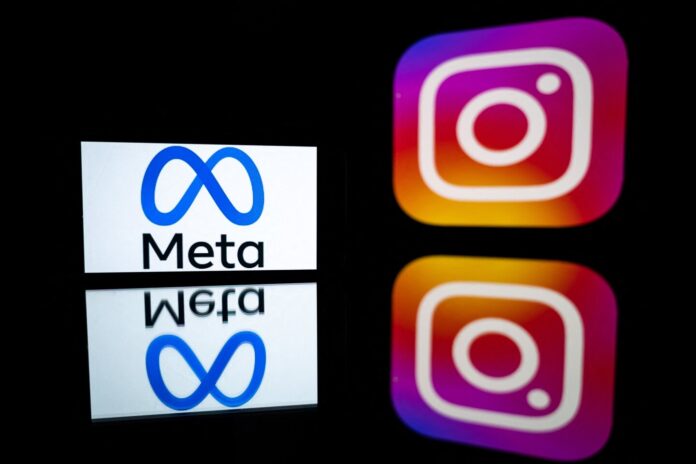In a 6-3 ruling, the court said the states and individuals could not show they were directly harmed by the communication between federal officials and social media platforms.
Writing for the majority, Justice Amy Coney Barrett said companies such as Facebook and YouTube have long-standing content-moderation policies that place warning labels on certain posts and delete others. The challengers, Barrett wrote, did not demonstrate that the companies’ actions to remove posts were traceable to the government.
Barrett said a lower court got it wrong when it “glossed over complexities in the evidence” by attributing to the Biden administration every company decision to remove or moderate content.
“While the record reflects that the Government defendants played a role in at least some of the platforms’ moderation choices, the evidence indicates that the platforms had independent incentives to moderate content and often exercised their own judgment,” she wrote.
Justice Samuel A. Alito Jr, joined by Justices Clarence Thomas and Neil M. Gorsuch, dissented.
Alito criticized his colleagues in the majority for failing to address the underlying free speech questions at issue in the case, calling efforts by the government to police content it sees as problematic a form of “coercion.”
The court “shirks that duty and thus permits the successful campaign of coercion in this case to stand as an attractive model for future officials who want to control what the people say, hear and think,” Alito wrote. “That is regrettable.”
The case, known as Murthy v. Missouri, gave the Supreme Court an opportunity to shape how government officials interact with social media companies and communicate with the public online. The dispute is one of several before the justices this term that tests Republican-backed claims that social media companies are working with Democratic allies to silence conservative voices.
The decision could have major implications for the U.S. government’s efforts to combat foreign disinformation during a critical election year when nearly half of the world’s population will go to the polls.
The First Amendment prevents the government from censoring speech and punishing people for expressing different views. But the Biden administration told the court that officials are entitled to share information, participate in public debate and urge action, as long as their requests to remove content are not accompanied by threats.
The attorneys general of Missouri and Louisiana argued that the federal government coerced social media companies to suppress speech of individual users and became too deeply involved in the companies’ decisions to remove certain content. Tech companies, they said, cannot act on behalf of the government to remove speech the government doesn’t like.
The record before the Supreme Court in Murthy v. Missouri included email messages between Biden administration officials and social media companies, including Facebook’s parent company, Meta, and Twitter. Those messages showed tense conversations in 2021 as the White House and public health officials campaigned for Americans to get the coronavirus vaccine.
In making their ruling, the justices were reviewing lower-court decisions that strictly limited federal employees from communicating with tech giants to remove harmful posts or misinformation. A district court judge in Louisiana ruled against the Biden administration and barred thousands of federal employees from improperly influencing tech companies to remove certain content.
The U.S. Court of Appeals for the 5th Circuit narrowed that decision to a smaller set of government officials and agencies, including the surgeon general’s office, the White House, the Centers for Disease Control and Prevention and the FBI. A three-judge panel of the appeals court found that the White House “significantly encouraged the platforms’ decisions by commandeering their decision-making processes, both in violation of the First Amendment.”
This is a developing story and will be updated.
Cat Zakrzewski contributed to this report.



